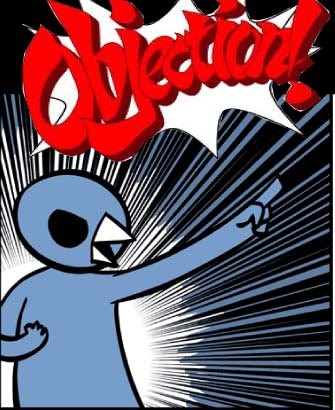Hey team! You do get a study guide today after all, but it's not mine. All credit goes to Justin Vu! Read his cool things and the original study guide here. Anyway, here it is!
1. Over 100 states were admitted into the UN between the 1960s and 1980s.
2. The working class and rural people worked in sweatshops and assembly lines to further consumerism.
3. The cold war lasted 30 years.
4. The demise of communism was brought on by the success of the western economy, a tightening of U.S. foreign policy, decline in leadership, a rise in Islamic fervor, and a change in Chinese policy.
5. The name of the strategic arms treaty in 1979 was SALT II.
6. Chinese policy in the late 1970s focused on more participation in the world market.
7. The U.S. protested against the Soviet invasion by not participating in the 1980 Olympics held in Moscow.
8. The Russian leader who significantly altered policies after 1985 was Gorbachev.
9. Perestroika was economic restructuring under Gorbachev.
10. In Romania, violence led to the overthrow of a communist leader.
11. Stagnation of industrial production in the Soviet Union were due to forced industrialization, disease, and slowing economic growth.
12. Gorbachev reduced nuclear armament, relaxed press restrictions, and ended the war in Afghanistan.
13. The name of the new parliament by Gorbachev in 1988 was the Congress of People's Deputies.
14. The Communist Party renamed itself Socialist in Hungary.
15. Bulgaria pushed for economic liberalization, but was held back by the Soviet Union.
16. Poland installed a non-communist government in 1988.
17. German reunification occurred in 1991.
18. The minority nationality regions in the former Yugoslavia were Slovenia, Croatia, and Bosnia-Herzegovina.
19. The Baltic states were Estonia, Latvia, and Lithuania.
20. Boris Yeltsin emerged as head of Russia in 1991.
21. The former Soviet Union became the Commonwealth of Independent States.
22. The concerns of the former Soviet Union were the economy and military possession.
23. Vladimir Putin took over after Yeltsin as leader of Russia.
24. The trend in the world following end of the cold war was multiparty democracy.
25. Spain, Portugal, and Greece experienced democratic restructuring in the mid 1970s.
26. Cuba did not adapt to democracy in the 1990s.
27. Nigeria is the heaviest populated country of Africa.
28. The U.S. remained a superpower after the end of the cold war.
29. The United States were excluded from the UN Human Rights Commission in 2001.
30. Iran, Iraq, and North Korea were identified by the U.S. as potential nuclear threats.
31. The Persian Gulf War of 1991 was a response to the Iraqi invasion of Kuwait.
32. The terrorist attacks on the World Trade Center occurred in 2001.
33. The common currency of the EU is the euro.
34. NAFTA joined the countries of Canada, Mexico, and the U.S.
35. The Second Gulf War in 2003 led to the U.S. and British invasion of Iraq.
36. Czechoslovakia has now split into... well, the Czech Republic and Slovakia. If you seriously couldn't figure this one out...
37. The Russian military has put down revolts in Chechnya during the 1990s.
38. Globalization is the increasing interconnectedness of the world in every manner of culture and technology.
39. The globalization of the Earth came with less international conflict, more technological developments, and global communications.
40. The most important technological innovation regarding global communications is the Internet.
41. The VW Bug is produced in Mexico.
42. 25% of American households in 2000 did not speak English as their primary language.
43. McDonald's has been the most striking international cultural influence since the 1970s. (Introducing... McWorld)
44. All Saints' Day in Mexico has begun to play the role of Halloween.
45. Political institutions globalized less rapidly compared to technology, business, and even consumer goods.
46. Issues raised against economic globalization pertain to the inequality of wealth and the poor majority of the world.
47. Trends that are running counter to globalization are nationalism, subnational loyalties, religious revival, and ethnic competition.
48. Protestant fundamentalism spread rapidly in the 1990s throughout Latin America.
49. Growing opponents of the ideals of globalization are religious fundamentalists and international terrorist groups.
50. By the end of the last century, about 20% of humanity consumed 4/5ths of all marketed goods and services.
Once again thanks to Justin Vu.
And that's it! Good luck on the AP World Test!
Tuesday, April 27, 2010
Subscribe to:
Post Comments (Atom)

No comments:
Post a Comment